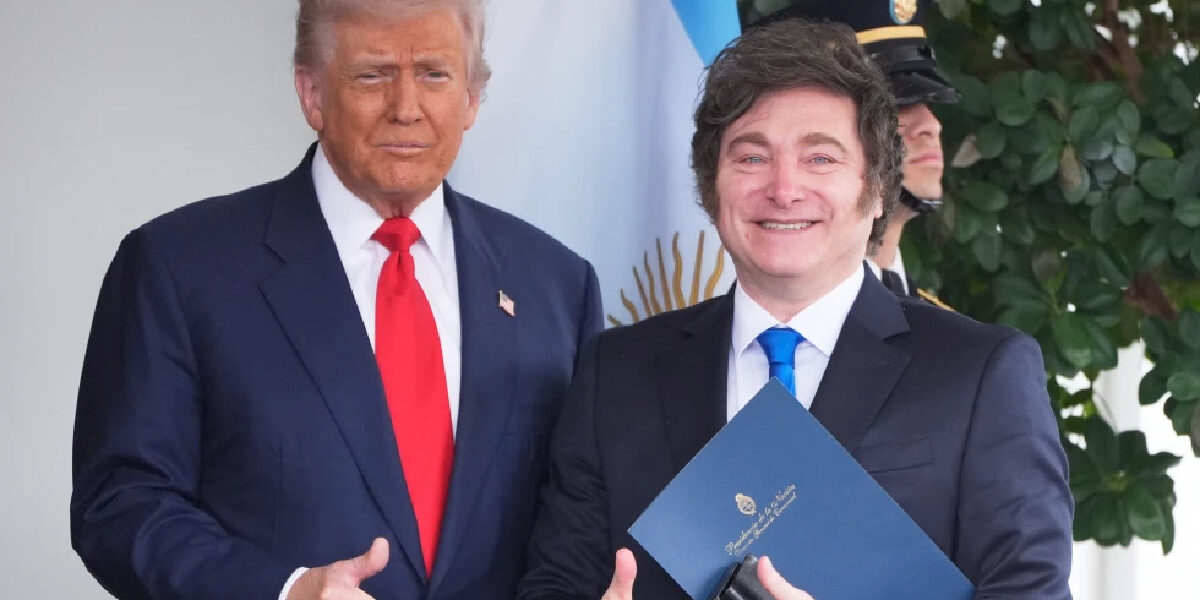The Trump administration is reportedly preparing to double U.S. financial support for Argentina to $40 billion, aiming to stabilize the nation’s struggling economy through both public and private funding sources.
According to Treasury Secretary Scott Bessent, the U.S. is developing an additional $20 billion financing package involving private banks and sovereign wealth funds. This would supplement the $20 billion currency swap line announced earlier this month by the U.S. Treasury to assist Argentine President Javier Milei in managing the country’s severe currency crisis.
“We are working on a $20 billion facility that would complement our swap line,” Bessent said Wednesday. “It’s a private-sector solution, and many banks and sovereign funds have already shown interest.”
However, the plan’s success could hinge on Argentina’s upcoming midterm elections. During a White House meeting Tuesday, President Donald Trump emphasized his intent to support “our neighbors,” but warned that U.S. generosity would depend on the election outcome.
“If he loses, we are not going to be generous with Argentina,” Trump said, referring to Milei.
Market Reaction
Trump’s remarks immediately rippled through the markets. The Argentine peso weakened by 0.7% on Wednesday, slipping to 1,395 pesos per dollar from 1,385 the previous day. Meanwhile, shares of Argentine companies rebounded modestly after falling as much as 8.1% following Trump’s comments.
Political Backlash in Argentina
In Argentina, opposition leaders sharply criticized Trump’s statement.
Former President Cristina Fernández de Kirchner, currently under house arrest for corruption, condemned the U.S. president’s remarks on social media:
“Trump to Milei in the United States: ‘Our agreements depend on who wins election.’ Argentines… you already know what to do!”
Martín Lousteau, president of the centrist Radical Civic Union, accused Trump of using aid as a political weapon.
“Trump doesn’t want to help a country — he only wants to save Milei,” Lousteau said. “Nothing good can come of this.”
Maximiliano Ferraro, head of the Civic Coalition, went further, calling the U.S. president’s words “a blatant act of extortion against the Argentine nation.”
As Argentina faces soaring inflation, a collapsing peso, and mounting debt, the proposed aid could provide much-needed relief — but its future may depend as much on politics as on economics.
